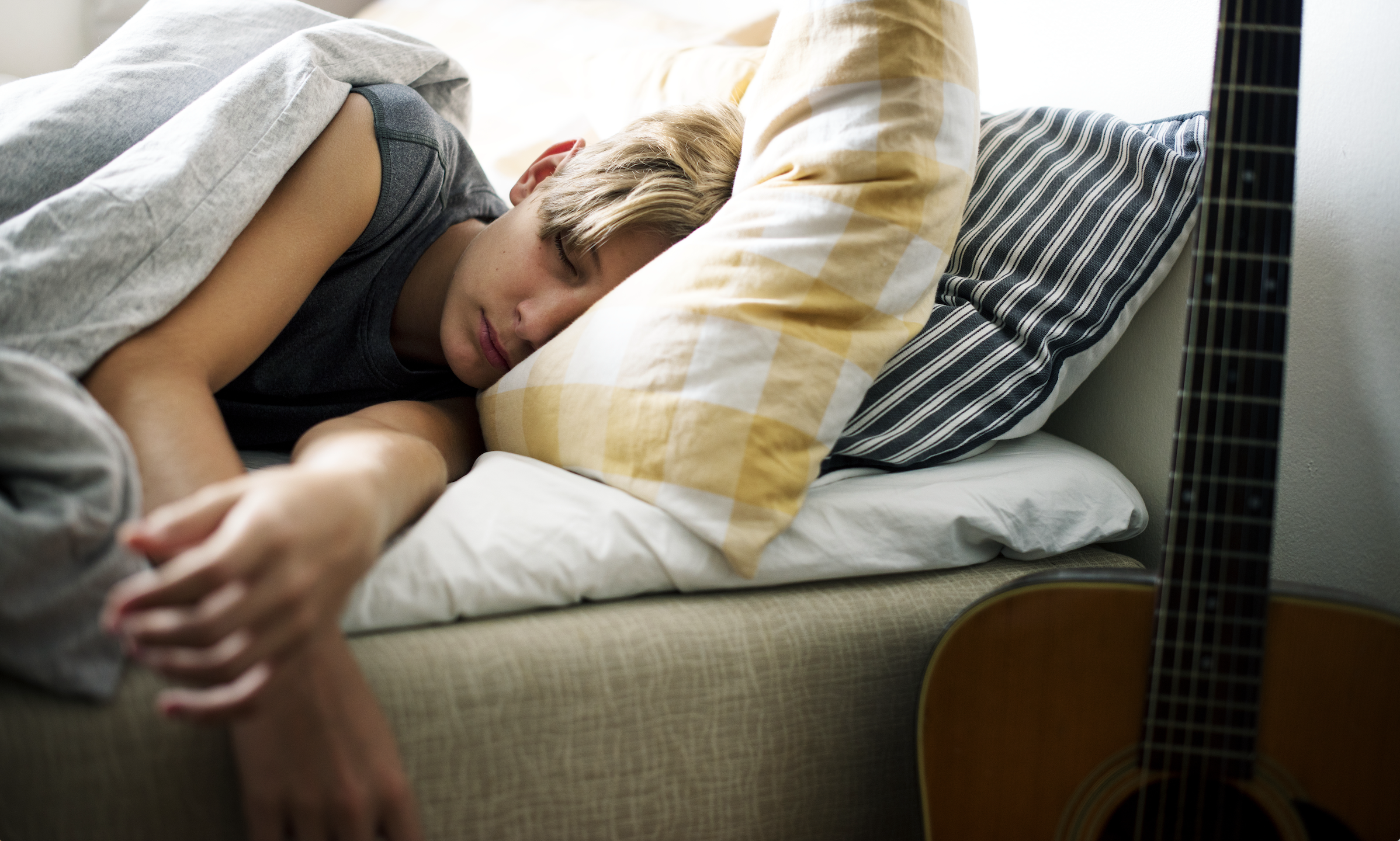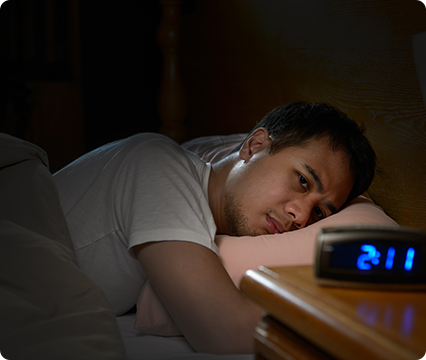The impact of insufficient sleep on dietary choices and physical activity behaviors: evidence from a randomized cross-over tria

In this study by Dickinson, Kakoschke & Drummond (2025), the authors investigated how intentional sleep restriction affects food choices and physical activity levels. Young adults participated in a randomized crossover experiment, experiencing both a week of sufficient sleep (8–9 hours/night) and a week of restricted sleep (5–6 hours/night) in their own homes. After each sleep condition, participants engaged in a bidding task for snacks and drinks, and researchers collected self-reported dietary data and actigraphy-based physical activity measurements. Among the 118 participants (average age 20; 65 females), sleep restriction led to higher daily calorie intake and a stronger preference for taste over health in food choices—but only among individuals with higher baseline cognitive or behavioral control. Additionally, sleep restriction was associated with lower physical activity levels, more time spent sedentary, and longer sitting periods across all participants. While previous research links sleep restriction to obesity through changes in eating habits, this study suggests that reduced physical activity may also play a significant role. [NPID: Sleep restriction, diet, physical activity, health behavior, behavioral economics]
Year: 2025
 Navigation
Navigation






